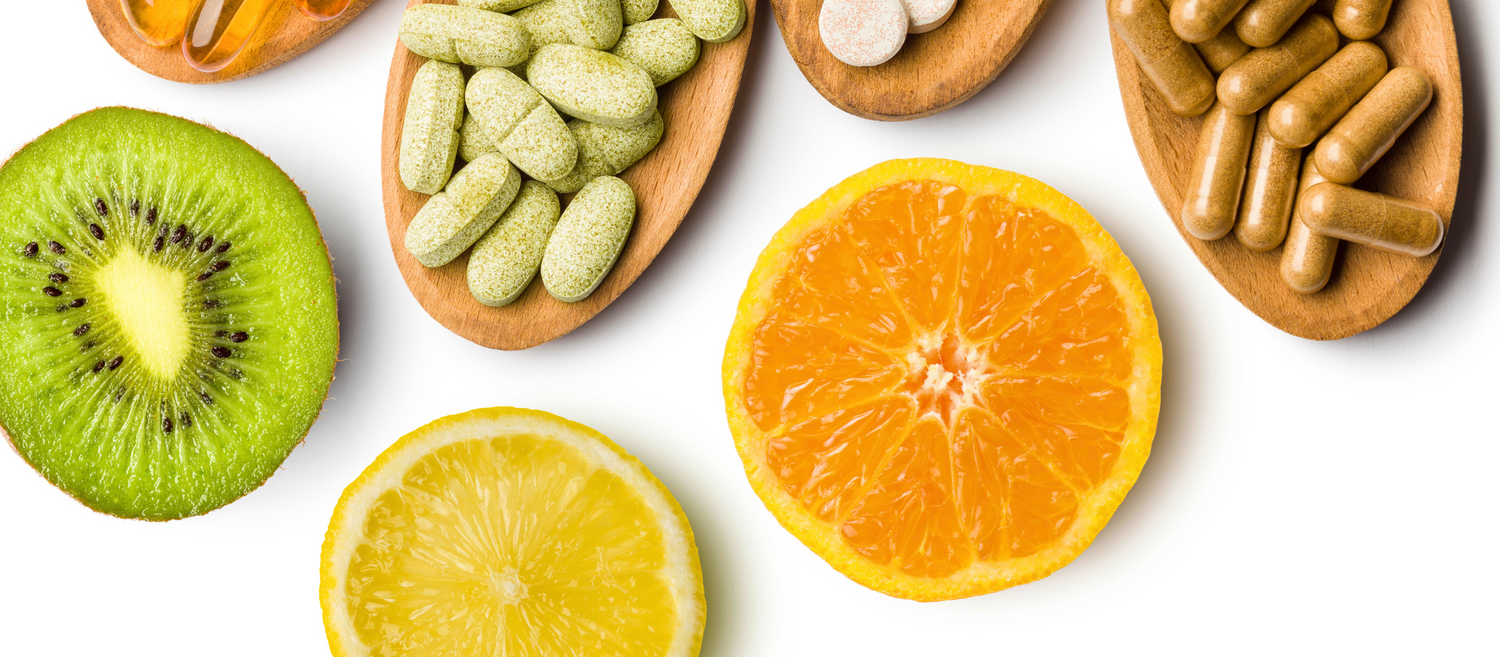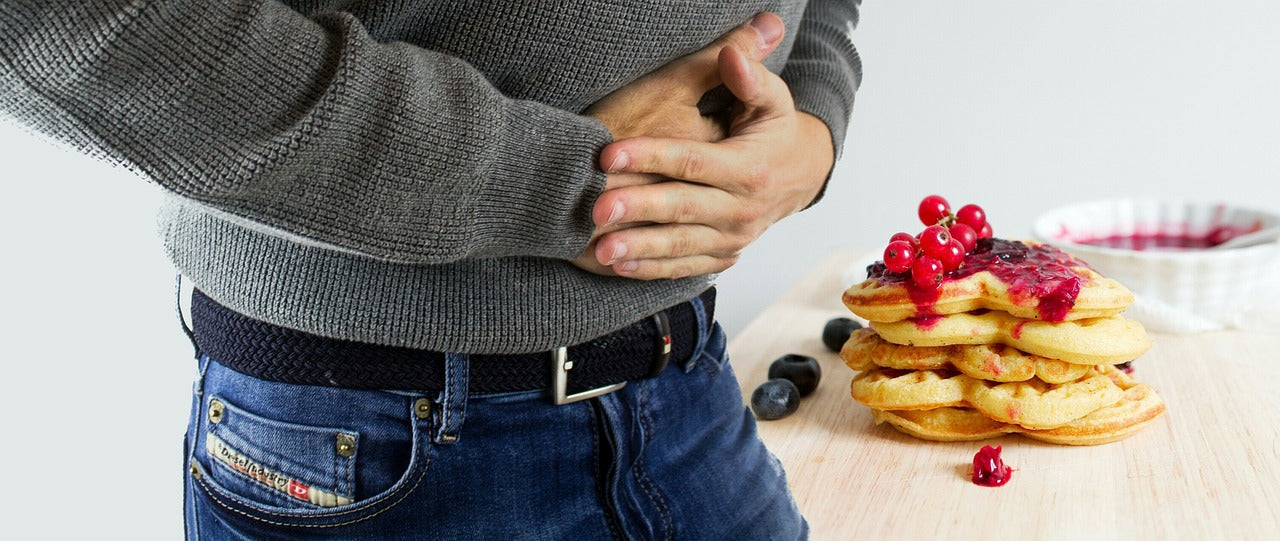What is nickel? Nickel is a very widespread metal in nature and is present in almost all objects, from coins to cosmetics, jewellery, food, from tools to water pipes.
This mineral is capable of causing an allergy upon contact (DAC: systemic contact dermatitis), but also a reaction following the ingestion of some foods that contain it. The combination of the two different types of reactions is called SNAS (nickel allergy system syndrome)
The first skin symptom that can lead one to suspect a possible reaction to nickel is the appearance of dermatitis which manifests itself in the form of redness, itching, hives, burning. However, further symptoms (extra-cutaneous) such as headache, asthma, abdominal pain, diarrhea or constipation may occur, strictly related to the ingestion of foods containing this metal.
What to do then?
The first test to be carried out for the diagnosis of nickel allergy is the PATCH TEST: patches containing the metal in question are placed on the individual's skin for 48/72 hours. The appearance of redness or wheals will indicate the condition of allergy. If the test is positive, it is essential to proceed with a diet therapy by eliminating foods with a higher nickel content (it is impossible to eliminate it completely), and then gradually reinstating them once the symptoms have been assessed. The aim is to detoxify the body from the accumulation of this metal.
Some dietary suggestions:
- Avoid cocoa, chocolate, wholemeal flours, oats, dried fruit, soy, fresh and dried legumes
- Avoid canned foods unless they are nickel-free
- Prefer foods of animal origin (meat, fish, eggs) rather than vegetables because they contain less nickel
- Prefer rice, refined flours, potatoes
- Consume milk and dairy products with low nickel content
- Prefer garlic , beetroot (in moderation), chard (in moderation), carrots (in moderation), cucumbers, chicory, turnip tops , green beans ( in moderation), broad beans, fennel, iceberg, endive, cappuccino salad, aubergines, potatoes, sweet potato, peppers, radicchio, radishes, celery, shallots, valerian, songino, pumpkin, courgettes.
- Prefer bananas, apples and citrus fruits
- Apple and rice vinegar are allowed; oil (olive, extra virgin olive oil, rice)
- Prefer ammonia for desserts, sodium bicarbonate, cream of tartar, sourdough without brewer's yeast
- Tea and coffee moderately
- Bottled water (tap water must be flowed a lot to eliminate the nickel from the pipes, although it is better to avoid it due to the presence of chlorine and other additives in it)





